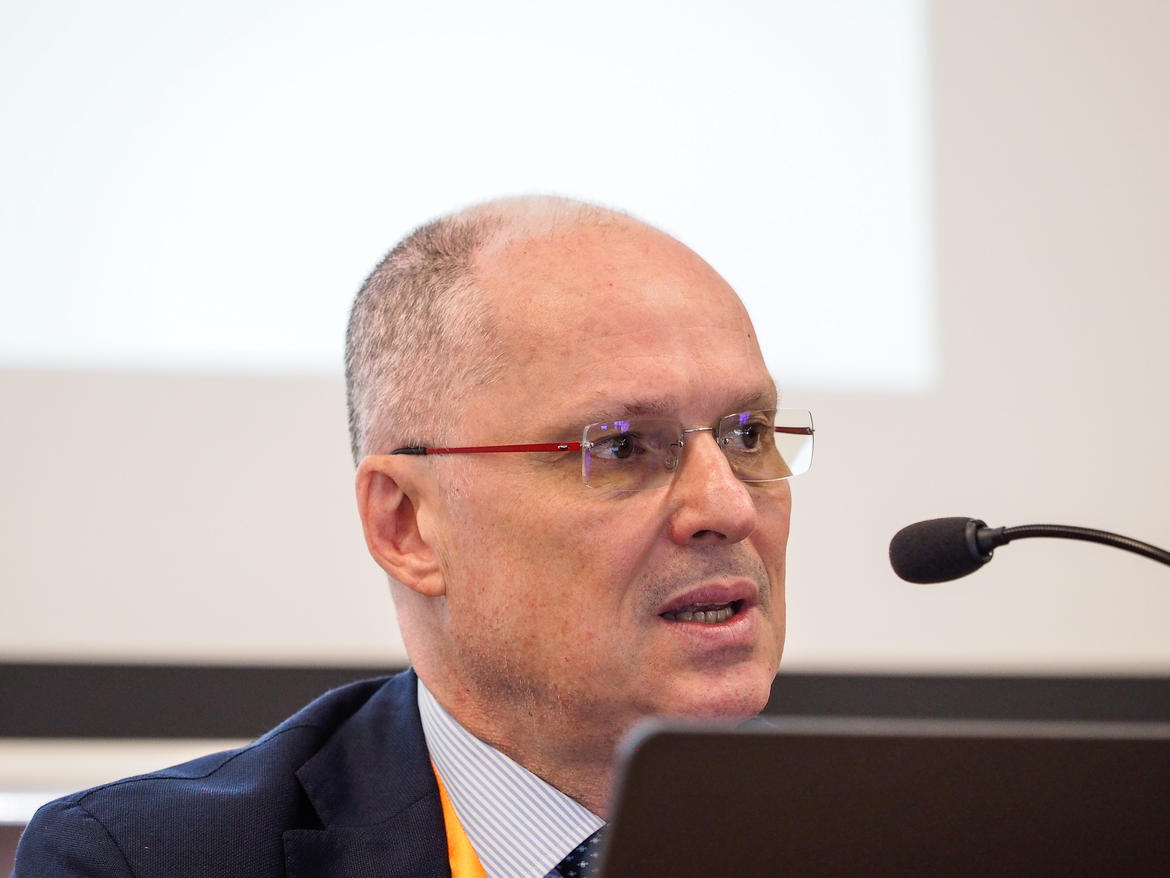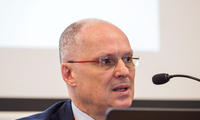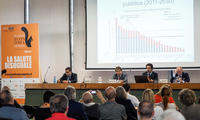
“The universalistic system ‘from cradle to grave’ – explains Nicola Pinelli - we imported from the UK during the ’60s is now at a critical point. After the ‘Golden Age of Doctors’ and the ‘New Public Management’ age, now in Italy we are affording the time of ‘Critical Governance’”. Anyway the quality of services in our country is still at the top of world range: Italy stands at the 2nd place for life expectancy (according to OECD, 1st Japan), at the 3rd place for efficiency of the system (according to Bloomberg, 1st Singapore, 2nd Honk Kong) and at the 12th place for quality and access to therapy (according to The Lancet). Yet, in Italy 77% of total expenses in healthcare are related to public sector. Francesco Ripa di Meana supports the data offered by Pinelli addying: “till now the dominant karma the central government repeated to the operators was ‘resilience’, but now it is time that politics takes back the control of the ship. Further cut in budget cannot be sustained anymore.”
Giovanni Fattore from Bocconi University agrees with the analysis presented by public healthcare operators. “In Italy the so-called spending review experimented two paths: horizontal cut and attempt of efficiency – outlines Fattore – but no way to introduce a reshaping of granted services. Moreover, providing lower quality health service increases social disparities, since just wealthy people con substitute private services with private ones”.
Walter Ricciardi is even more dramatic in his position, quoting his book “the perfect storm”. “Our country is the most aged in the world - warns Ricciardi -, there is a huge gap in health public service between Northern Italy (with level comparable to Swiss or Japan) and Southern Italy (with standard similar to Bulgaria or Tunisia) and the use of new expensive pharma need a lot of money (just to have an idea, using state-of-the-art anti HCV pharma for Italian patients could cost some 80 billion euro per year). It is time to convince politician to invest more, citizen to gain in health through appropriate lifestyle and operators to reorganise assistance.” Finally, quoting W.E. Deming, Ricciardi concludes: “Changing it is not necessary. Surviving it is not mandatory”.
Web: http://2017.festivaleconomia.eu
Twitter: @economicsfest
Facebook: https://www.facebook.com/festivaleconomiatrento










